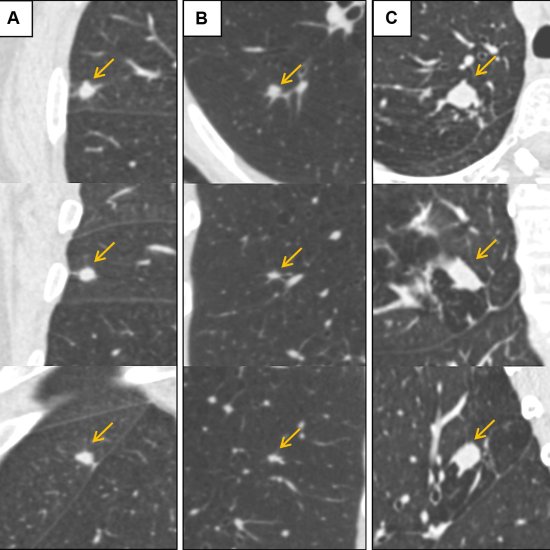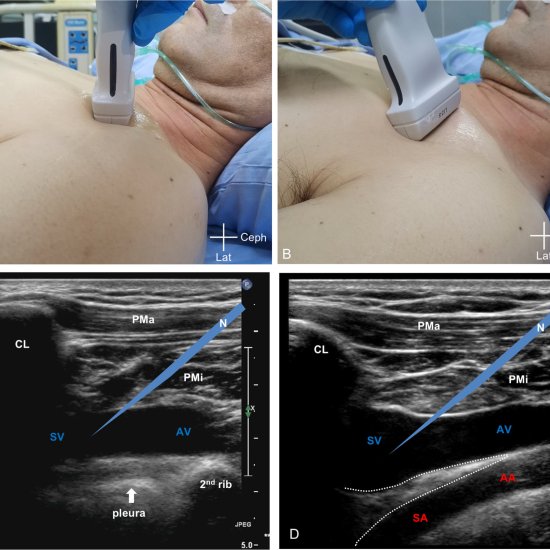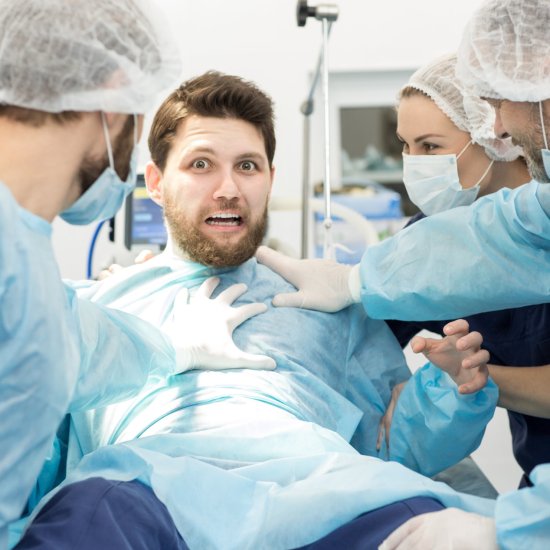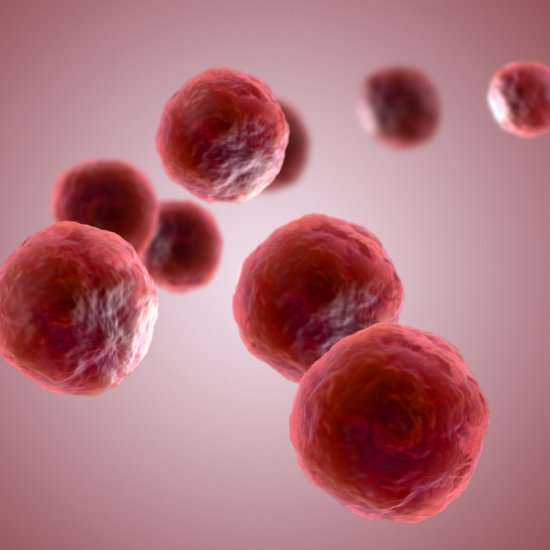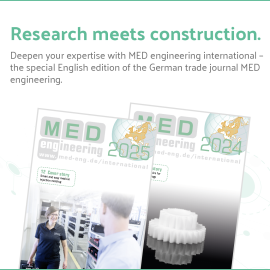
|
|
Radiology continues to evolve with innovative approaches to patient-centred care and technological advancement. This year's Journées Francophones de Radiologie places vulnerable patients at its core, introducing unprecedented tracks in paediatric and geriatric imaging while addressing emergency department challenges. The newsletter also examines new AI applications in lung cancer screening, where deep learning algorithms demonstrate significant reductions in false-positive rates. Additionally, autonomous robotic ultrasound systems equipped with virtual avatars show promise in reducing patient stress during examinations. Enjoy reading!
|
|
 |
Interview • An interview with the President of JFR 2025
This year, the Journées Francophones de Radiologie (JFR) will carry a clinical ambition as simple as it is essential: to shine a spotlight on those who are often overlooked. Under the presidency of Professor Mathieu Lederlin, thoracic radiologist ... |
News • Estimation of nodule malignancy risk
Misinterpreting the malignancy risk of lung nodules often results in high false-positive rates, unnecessary follow-ups, increased patient anxiety and healthcare costs. A new study suggests that AI can fix this. |
|
Advertisement
 |
|
News • Autonomous imaging systems
An ultrasound examination performed by a robot can cause distress in some patients. Munich researchers have now developed a VR avatar system that makes the process feel more human. |
|
News • Intensive medicine
Performed inaccurately, cannulation of major veins is associated with complications like pneumothorax or artery puncture. Chinese researchers propose a new ultrasound-guided method for more accuracy. |
|
Article • Complexities of doctor-patient communication
Hospitalists frequently discuss the risks associated with tests, treatments, and/or surgical procedures with their patients. But is everyone in the clear on what a “slight risk of complications” actually means? A session on the meaning of risk ... |
|
News • Emergency medicine
Overcrowded EDs and the escalating workload of nurses are pressing challenges in emergency medicine. While AI might not solve these problems, it could help staff mitigate them, new research suggests. |
|
News • Hurdles for AI implementation
Digital transformation, including AI, is key to improving healthcare services - but this may be easier said than done: A new UK study identifies hurdles for AI implementation in NHS hospitals. |
|
News • Machine learning analysis
Using AI to help detect one of the leading killers of women worldwide: A new machine learning model can successfully predict heart disease risk in women by analysing mammograms. |
|
News • Remote paediatric care
Children with asthma using at-home monitoring are around half as likely to visit the ED or be hospitalised, compared to those only receiving care from their medical team, new research shows. |
|
News • Breathing device reduces risk of death
People with both type 2 diabetes and obstructive sleep apnoea have a higher risk of death, but treatment with CPAP may reduce that risk by around 26%, a new study finds. |
|
News • Kinetic analysis of therapeutics
A new technique has measured boron in individual cancer cells for the first time, enabling researchers to better understand how drugs act to kill tumours in some cancers. |
|
News • Focus on methylation changes
Researchers from the University of Birmingham’s Bladder Cancer Research Centre have found a new way of detecting tumour DNA in urine to identify bladder cancer. |
|
News • How much does it hurt?
Asking people how much money they would accept to experience pain again can provide a more accurate and comparable measure of pain levels than the familiar 1–10 scale, according to new research. |
|
Events
|
|
|
|
|
|
|
|
|
|
|
|
|
|
|
|
|
| |
You are receiving this email because you subscribed to our newsletter on healthcare-in-europe If you don’t want to receive this newsletter anymore, click here to unsubscribe.
Keep up-to-date on the latest news from all hospital-related fields!
Subscribe to our bi-monthly newsletter. Copyright © 2026 mgo fachverlage GmbH & Co. KG.
All rights reserved. E.-C.-Baumann-Straße 5, 95326 Kulmbach, Germany
email: newsletter@european-hospital.com |
|



|
|


